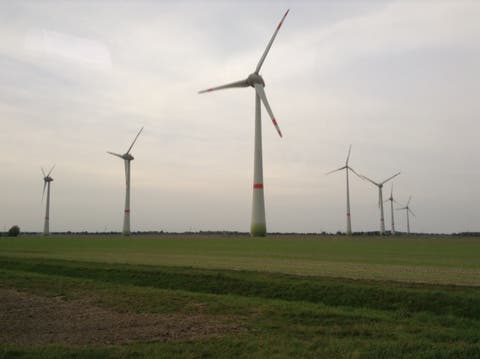A development agreement for three onshore wind power projects in South Africa has been signed. The deal was inked by the South African Department of Mineral Resources and Energy and EDF Renewables of France.
It was finalized on September 22. This was approximately four months after the originally planned groundbreaking by state-owned power utility Eskom SA and EDF.
The three onshore wind power projects in South Africa have a total capacity of 420 MW. The agreement also covers the construction of 132-kV transmission lines to link the power plants to the current power grid.
They are located in the Northern Cape province’s San Kraal and Phezukomoya and the Eastern Cape province’s Coleskop.
Development of the three onshore wind power projects in South Africa
The company had previously chosen Vestas Wind Systems A/S to deliver earlier wind power projects in South Africa. They include the 35-MW Wesley-Ciskei facility in the Eastern Cape. EDF Renewables has not yet revealed the turbine supplier for the wind installations.
For the implementation of 25 proposed wind and solar projects totaling 2.58 GW across the nation, EDF was chosen as the preferred bidder in October 2021.
The project agreements for the remaining 22 projects are to be signed once the government expedites the National Integrated Resource Plan. The National Integrated Resource Plan targets to generate 20 GW of electricity from wind and solar by 2030.
More than 80% of South Africa’s electricity is currently generated using coal and crude oil.
The country recently approved a number of projects.
The main aim of the approvals was to address a shortage of supply that has led to blackouts and service outages.
Eskom has initiated a number of programs in recent weeks to sign more power purchase agreements with suppliers who are willing to do so. Those PPAs include independent domestic producers with excess capacity. They also involve bilateral arrangements to import power into South Africa from bordering countries.

